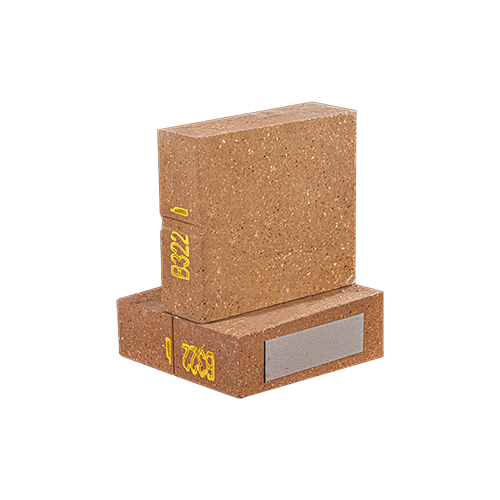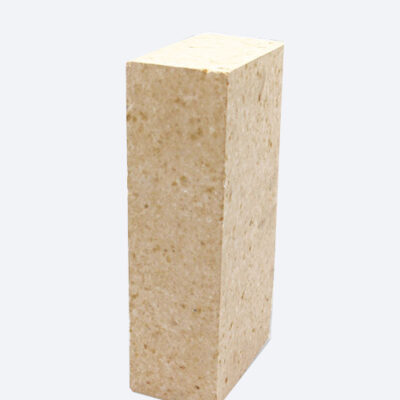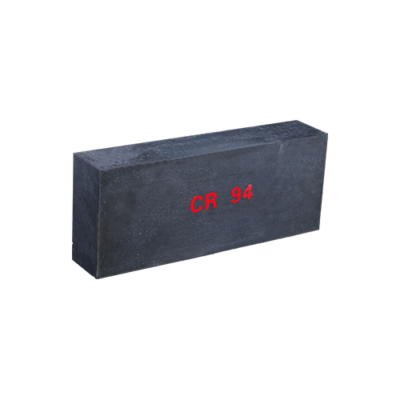Description
Magnesia alumina spinel bricks exhibit uniform expansion and contraction during temperature fluctuations, ensuring excellent thermal shock stability. They also surpass magnesia bricks in terms of load softening temperature and strength. Moreover, these bricks demonstrate a stronger resistance to alkaline slag and iron oxide slag compared to magnesia bricks.
Applications of Magnesia Alumina Spinel Brick:
- In cement kilns, magnesia-alumina spinel is employed to prevent chrome pollution and offers superior anti-stripping performance.
- These bricks find use in ladle refractory castables, significantly enhancing erosion resistance, making them widely applicable in steel-making refractory materials. The preparation of high-quality pre-synthetic spinel opens new possibilities for amorphous and fixed high-purity refractories.
Technique Data
Physical and chemical indicators:
| Item | Index | |||
| MLJ-90 | MLJ-85 | MLJ-80 | MLJ-75 | |
| MgO % | ≥90 | ≥85 | ≥80 | ≥75 |
| Al2O3 % | 3~8 | 5~12 | 8~17 | ≥8~12 |
| Apparent porosity % | ≤17 | ≤17 | ≤16 | ≤19 |
| Bulk density g/cm3 | ≥2.95 | ≥2.95 | ≥2.90 | ≥2.85 |
| Cold Crushing Strength MPa | ≥45 | ≥45 | ≥55 | ≥40 |
| 0.2MPa Refractoriness under load ℃ | ≥1700 | ≥1650 | ||
| Thermal shock resistance cycle 1100℃water cooling | ≥3 | ≥8 | ≥12 | ≥8 |



